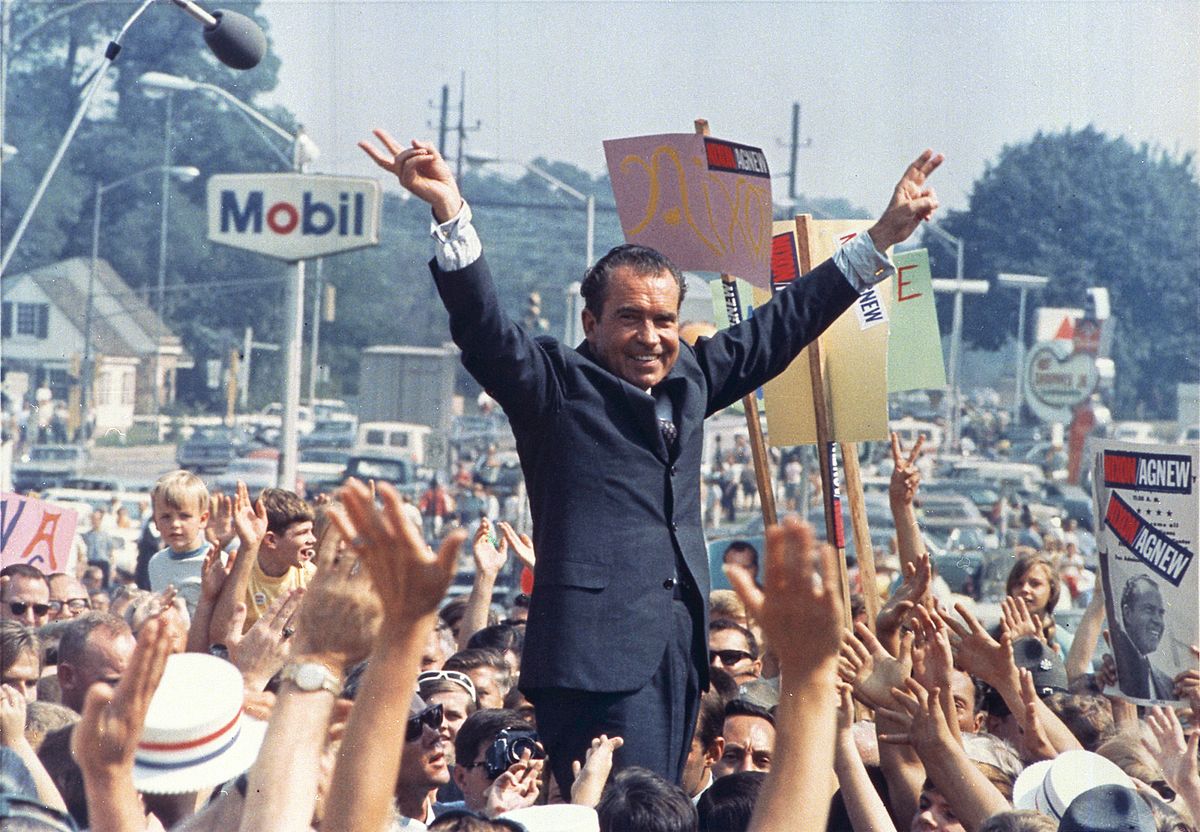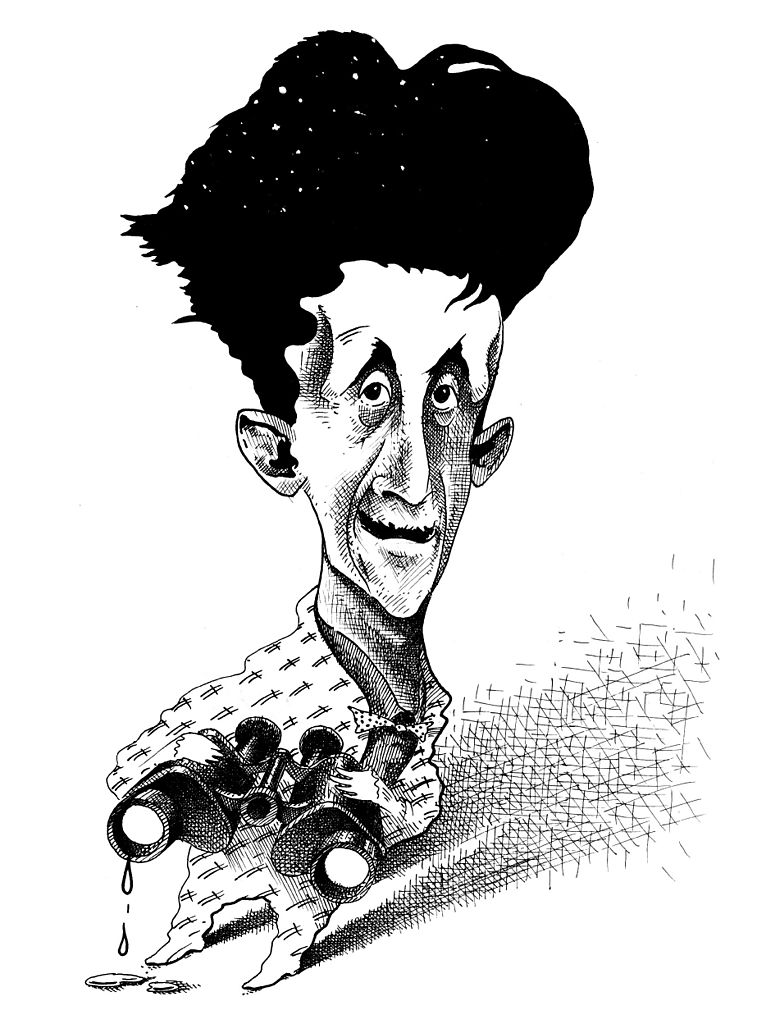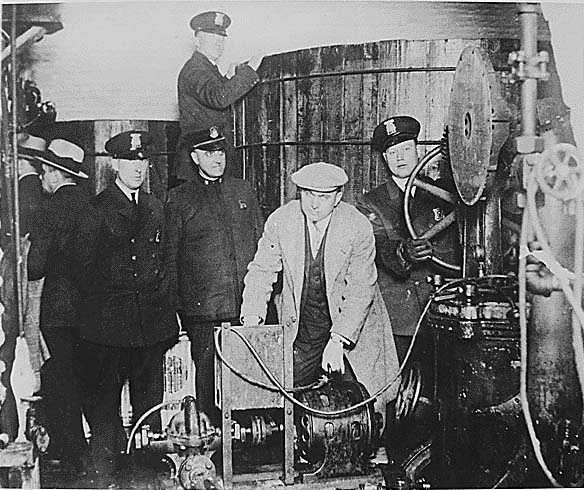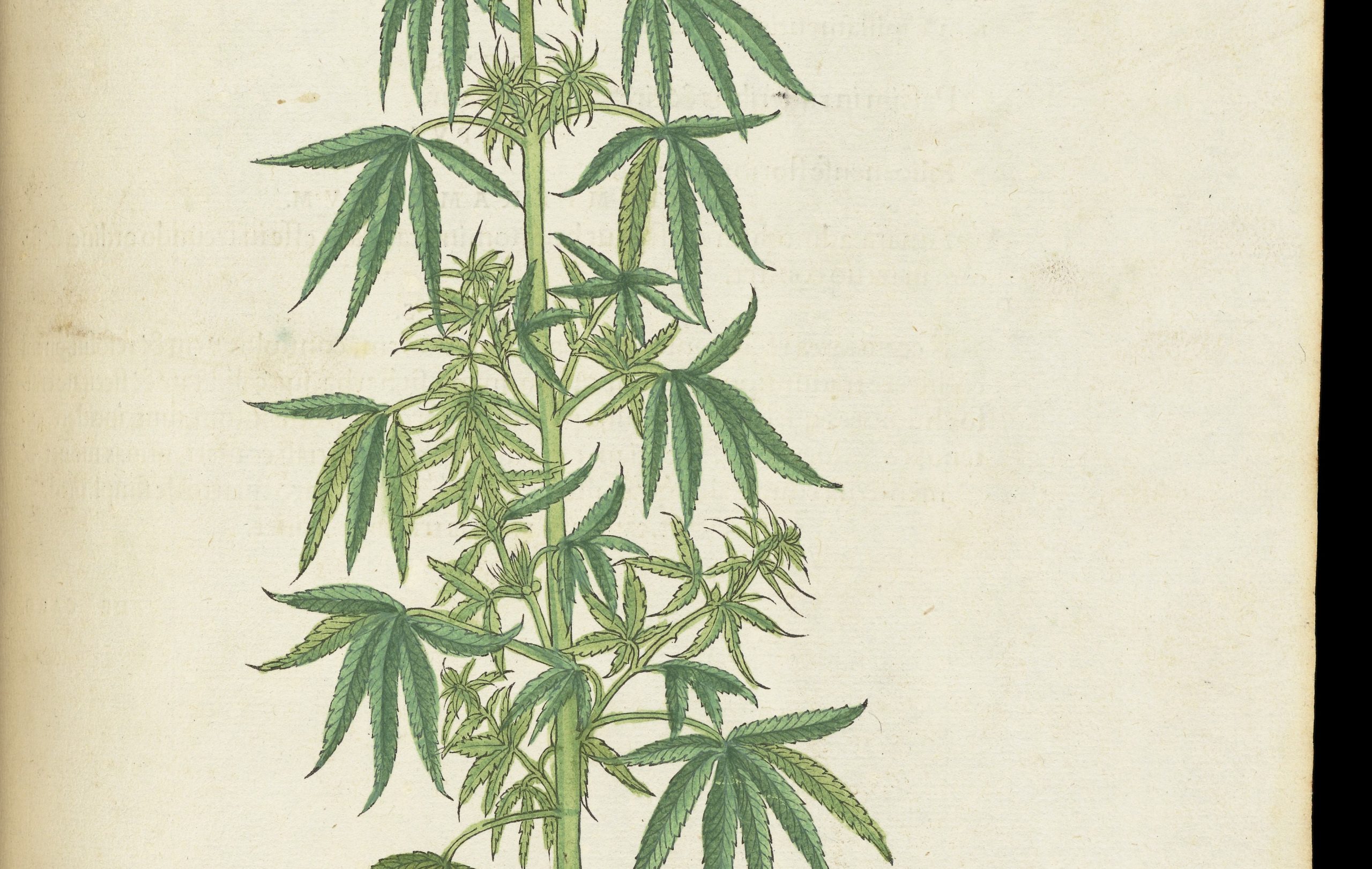This article was originally published on The Influence. The statement in question in the article also contains British signatories, it is important they are called out on their advocacy of such damaging misinformation.
As we approach this month’s UNGASS special summit on drugs, it can feel like the momentum for worldwide drug policy reform is unstoppable. At the end of March we saw the US media remind itself that a key Nixon aide openly admitted that the War on Drugs began as a way to target “the anti-war left and black people.” We’ve seen prestigious health experts from The Lancet and John Hopkins University issue a condemnation of prohibition and call for decriminalisation. And we’ve seen former presidents of Brazil, Mexico, Colombia, Nigeria and Switzerland renew their call for change.
“It is the definitional activities of the state and the media, rather than the reported incidence of crime or drug use and abuse, that has shaped public concern regarding those issues,” wrote Professor Katherine Beckett of the University of Washington in 1994. Nixon’s War on Drugs, expanded and continued by his successors, is a prime example of how politicians construct emotional arguments to create a fear of lawlessness in our society, aided by effective media messaging. The American public and our institutions—and subsequently, those around the world—were duped into accepting a construct that was never about the harms of drugs but was rather a means of social control, a way to consolidate political power.
And despite all the progress and encouraging noises, it isn’t over yet—not by a long way. Influential people in the US and abroad are still spreading messages of fear and ignorance (one of the reasons that UNGASS is very unlikely to achieve actual change of the relevant international treaties).
For example, to coincide with the UN’s Commission on Narcotic Drugs session that was held in Vienna last month, an organisation called the International Task Force on Strategic Drug Policy released a truly awful statement directed at world leaders, attacking harm reduction and drug policy reform.
We’ll get to the statement itself in a moment. But first, what is the Task Force that issued this letter, with signatories from 17 countries? It’s an off-shoot of the Drug Free America Foundation (DFAF), an organisation supported and started by Mel and Betty Sembler, founders of Save our Society from Drugs (SOS), and Calvina Fay, DFAF’s executive director.
The Semblers have a notorious record. As well as bankrolling opposition to marijuana legalisation, their drug-warrior bona fides have included profiting from their company Straight, Inc, which ran abusive addiction treatment centres for teenagers. Straight Inc. was closed after lengthy investigations in multiple states resulted in civil lawsuits and settlements. The brutal treatment recounted by victims who described “episodes of…beatings, rape and systematic psychological abuse” is horrifying. But the Semblers’ ideology has also been supported through a US government-funded drug testing development program for small businesses, giving them a clear vested interest in maintaining prohibition.
Other signatories include Kevin Sabet, founder of Smart Approaches to Marijuana. SAM ostensibly promotes the view that our national and international drug policies should be founded on science—an example of Orwellian doublespeak if ever there was one—and claims to conclude from this that marijuana should remain illegal. As we shall see, Sabet and the other signatories merrily ignore decades of scientific research and historical fact.
So given the identities of some of the statement’s authors, its damaging falsehoods should not surprise us. But because such points of view still carry weight on the international scene, and encourage countries like Russia, China and Indonesia to continue to pursue drug policies even worse than our own, it’s worth the effort of explaining why everything in the statement is wrong.
It begins:
We support the United Nations position that the goal of national and global drug policies and strategies must be to prevent or stop drug use. We agree with the United Nations that drug demand reduction is a fundamental pillar to sound drug policy. We support abstinence from drug use as a reasonable and achievable goal for public health policy. We support a policy of no use of illegal drugs or destructive use of legal drugs.
Really? After almost a century of drug prohibition, after the US alone has spent one trillion dollars over the past 40 years, at a current rate of $51 billion annually, with the precise aim of ending the use of illegal drugs, you’re still claiming it’s possible? It hasn’t gone well so far, has it?
No one disputes that for many individuals, abstinence from certain drug use is possible, and often preferable. But can you name a single human society of any size in history where various kinds of drug use have not been present? No? That’s because it has never happened. And it never will. Drug use is an eternal human reality.
There’s a contradiction, too, in the statement’s different positions on illegal drugs (always bad) and legal ones (okay in moderation). Because at different times (think alcohol in Prohibition-era America) and in different places (think alcohol in Saudi Arabia today), the legality of certain drugs changes.
That’s because there is no reason that can be justified by logic, science or ethics for some drugs to be banned and others not. And that’s one of the important things that drug policy reformers point out.
The statement continues:
Rational drug policies which recognise that the temporary use of measures to reduce harm with the goal of ultimate abstinence are fundamentally different from so-called `harm reduction’ drug policies which accept the inevitability of drug use.
The phrase `harm reduction’ and its obvious meaning has been hijacked and cynically employed by those whose goal is to legalise drugs. They use the obvious, universal desire to reduce harm to promote the legalisation of drugs. Drug legalisers use the phrase to gain the sympathy of well-meaning people and government officials.
We oppose so-called `harm reduction’ strategies as endpoints that promote the false notion that there are safe or responsible ways to use drugs. That is, strategies in which the primary goal is to enable drug users to maintain addictive, destructive, and compulsive behaviour by misleading users about some drug risks while ignoring others. These strategies give the message that society has given up on the addict, condones their drug use, and condemns them to a life of drug dependence. So-called `harm reduction’ as a drug strategy undermines drug prevention efforts and messages by taking advantage of drug addiction and deadly diseases like HIV to advance the political agenda of drug legalisation lobbyists and billionaire advocates.
Where to start? There are safer, more responsible ways to use drugs. Take marijuana: Nearly 50 percent of the US population has used it. Have more than a small fraction of all those millions of people experienced significant problems as a result? Of course not. Take even opioids, the cause of such understandable concern in the US right now: Most of us have been prescribed them at some point. And the majority use them as prescribed and then stop using them, with no additional problems. According to figures provided by the UN’s own Office on Drugs and Crime, the great majority of drug use in the world is not problematic.
In this context, note the statement’s lazy, inaccurate and stigmatising equation of all people who use drugs with “the addict.” And note the incorrect assumption that a person who is addicted is therefore condemned “to a life of drug dependence”—actually, most people who do become addicted will “age out” of it, even without receiving treatment. Claiming otherwise, against all the evidence, is a form of the scaremongering that prohibitionists so love.
Then there’s the claim that the whole harm reduction movement is just a front for legalisation. Despite the countless lives saved or improved by harm reduction measures like naloxone access or methadone programs, for example, we’re expected to believe that it’s all done merely as a devious ploy.
Add to that the fact that legalisation or decriminalisation are forms of harm reduction—at least, if you admit that the bloody wars fought by criminal gangs over control of illicit markets, and the mass incarceration that devastates individuals, families and communities, are sufficiently damaging to qualify as “harm.”
And finally, of course the drug policy reform movement has wealthy supporters, such as George Soros. But to take a swipe at “billionaire advocates” on behalf of an organisation funded by drug-warrior billionaires Mel and Betty Sembler? Please.
The statement then asserts:
We support the International Narcotics Control Board (INCB) position on so-called `harm reduction ́ that does not support stand alone needle exchange programs and taxpayer-funded shooting galleries (so-called safe injection rooms) because such policies encourage drug use and violate UN Conventions. Article 4 of the 1961 Convention, which: …obliges State parties to ensure that the production, manufacture import, export, distribution of, trade in, use and possession of, drugs is limited exclusively to medical and scientific purposes. Therefore, from a legal point of view such facilities violate international drug control conventions.
Science demonstrates that the INCB position on syringe exchange programs (SEPs) and supervised injection facilities (SIFs) is utterly wrong. Reams of studies, including from the World Health Organisation (WHO), the American Medical Association, and our own government, which has funded no fewer than seven studies, show that SEPs do not cause any increase in drug use. In fact, evidence shows that their deployment can help decrease drug use, and that SEP participants are five times more likely to enter treatment than non-participants.
SIFs, meanwhile, have resulted in positive health outcomes and helped to reduce crimes in many countries where they have been implemented. Insite, the only legal SIF in North America, has been endlessly scrutinised by dozens of studies, which prove beyond doubt its beneficial impact on the lives of people who use drugs and on the wider community in Vancouver.
Saying that you do not support changing the law because it goes against current international law is a piece of circular reasoning. It could be used to argue against changing any law, however bad.
Dishonest messaging about harm reduction measures perpetuates stigma while ignoring the successes in countries such as Switzerland, Portugal, Canada and many more. It also insults the amazing work of the people who contribute to harm reduction on the ground, like the people I recently met working at Orange County Needle Exchange Program—the first stand-alone SEP where I live.
In combination with the Solace Foundation, we have introduced naloxone as well as clean needles to our community. Last Saturday, we trained two dozen substance users and provided and gathered hundreds of clean and used needles. And we spoke with five people who had either used naloxone to either save a life or had been saved by it themselves. The training in the use of the naloxone auto-injector that we were able to provide means that individuals don’t have to rely on accessing public safety or health services to save a life.
Thanks to volunteers and experts, incredible things like this are happening all over the world.
The statement concludes:
We oppose usurping multi-national treaties and agreements and replacing the goal of preventing and reducing drug use with a strategy by whatever name (e.g. so-called `harm reduction’) that seeks to normalise various forms of drug use. We support comprehensive prevention, treatment, and enforcement strategies to prevent and eliminate illegal drug use, and thereby their undeniable harm. We support harm prevention and harm elimination through expanding treatment, outreach, and social services for drug users, addicts, and those with infectious diseases. We support research into effective outreach and treatment techniques for addict populations.
It is insufficient, illogical, and inhumane to proclaim that drug dependence should be maintained in the name of so-called ‘harm reduction’. History, science, and reason tell us that drug use can be prevented, and drug dependence can be overcome and its attendant consequences reduced, if not eliminated.
“Various forms of drug use,” as we have already seen, are normal. Normalisation has happened not because drug policy reformers willed it to happen, but because using drugs is what vast numbers of people all over the world already do. If we’re in denial about that, we can’t effectively reduce the associated risks.
Prevention of problematic drug use, treatment, outreach programs and social services are all important elements of a sensible drug policy—but they are not, on their own, enough. We desperately need the changes to national and international laws that will allow people who continue to use drugs to take all available measures to protect their health, while not having their lives ruined by the criminal justice system.
History, experience and reason tell us that a drug-free world is a myth. Let’s deal with that fact like adults.
It is infuriating and depressing to read this statement. Betty Sembler, Calvina Fay, Kevin Sabet and the other signatories would rather deny people access to lifesaving, evidence-based public health strategies than admit that their ideological support for prohibition helps to perpetuate unnecessary disease and deaths.
And it’s not just this misinformation that should concern us, but the way Sabet and the others ignore many of the social justice issues surrounding the drug war. Drug prohibition across the world has resulted in countless human rights violations, including discrimination, mass incarceration and executions. There is no collateral consequence of the drug war of which world leaders should not feel ashamed.
In a month when scientists have condemned drug prohibition and historians have recalled once again its racist and repressive roots, and as we build up to April’s UNGASS summit, will “drug-free” organisations like SAM and DFAF continue to ignore, not just the inaccuracy, but the deep immorality of their positions?
Lieutenant Commander Diane Goldstein (Ret.) is a board member of Law Enforcement Against Prohibition, a group of law enforcement officials opposed to the war on drugs. Tweets @dianemgoldstein
Will Godfrey is the editor-in-chief of The Influence and was previously editor-in-chief of The Fix and Substance.com. Tweets @GodfreyWill





